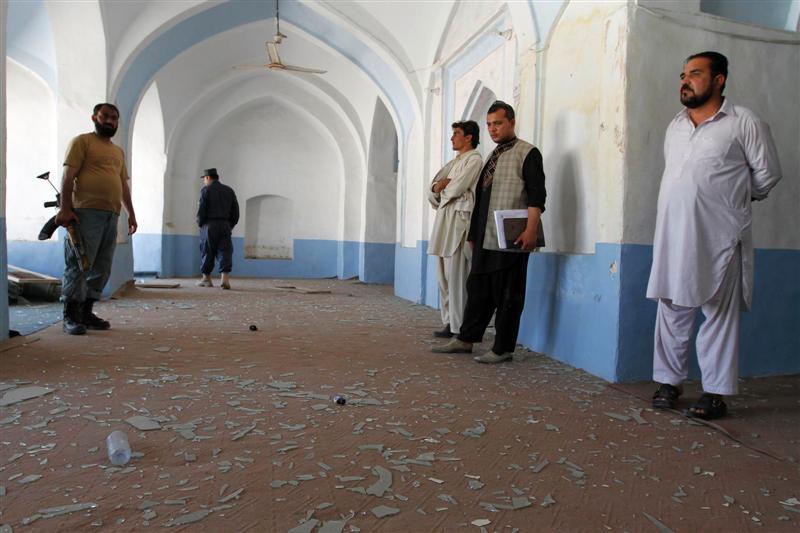KABUL Council (AUC) and some analysts on Saturday lashed out at recent comments of a top Pakistani religious scholar who called suicide attacks permissible in the war-devastated country.
Pakistan’s Ulema Council Chairman Allama Tahir Ashrafi said in a recent interview suicide attacks in Afghanistan, Palestine and Kashmir were permitted.
He added the Pakistani scholars had boycotted the Kabul-Islamabad ulema conference after the Afghan government voiced opposition to Taliban’s participation in the event, slated for April 21.
Ashrafi argued: “Palestine is occupied by Israel, Kashmir by India and Afghanistan by the US. So if Muslims don’t have the atomic bomb, they should sacrifice their lives. We want America to leave the region for the sake of peace.”
But a member of the Afghan Ulema Council, harshly reacting to Ashrafi’s comments, said if suicide attacks were really permissible in Islam, these assaults could be carried out across the whole world, including Pakistan.
Hafiz Abdul Qayyum told Pajhwok Afghan News: “There is no justification for such attacks in Islam. Tahir Ashrafi’s remarks have got nothing to do with religion; instead it’s an intelligence decree.”
The interpretation of Islamic injunctions is not the preserve of a single tribe or country, according to Qayyum, who said other Pakistani scholars had already denounced such attacks as illegitimate because they killed and maimed innocent civilians.
Political commentator Ahmad Saeedi said Ashrafi had issued the fatwa at the behest of Pakistan’s spy service — Inter-Services Intelligence, which has long been accused of aiding the insurgency in Afghanistan.
A former diplomat who has served in the neighbouring country, Saeedi claimed the ISI influenced the appointment of the Pakistan Ulema Council head. Nobody could lead the body without the agency’s approval, he insisted.
mm/mud








GET IN TOUCH
NEWSLETTER
SUGGEST A STORY
PAJHWOK MOBILE APP